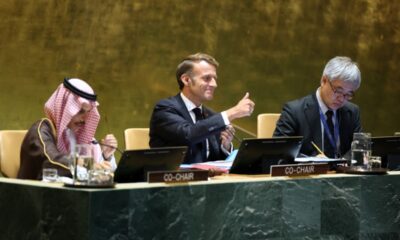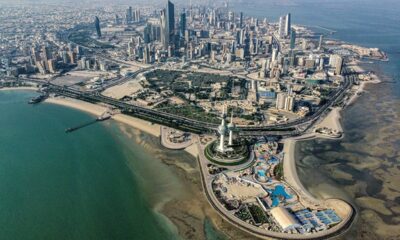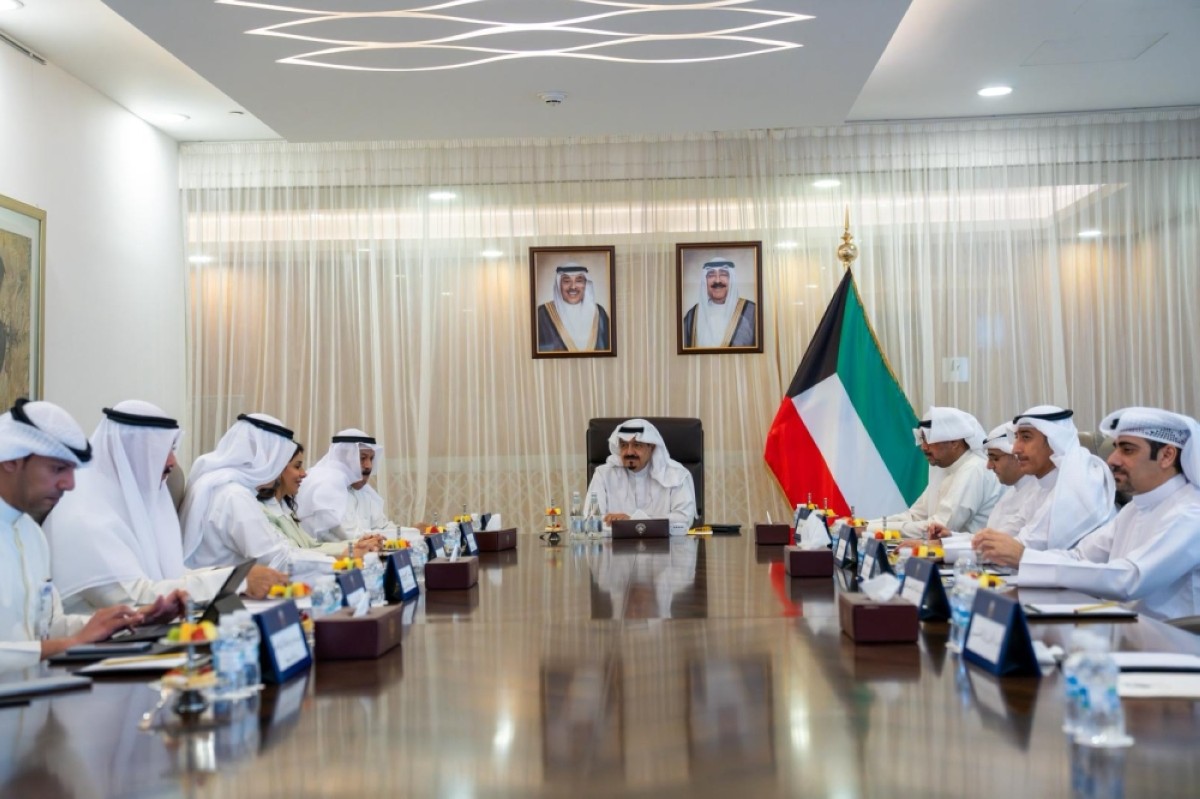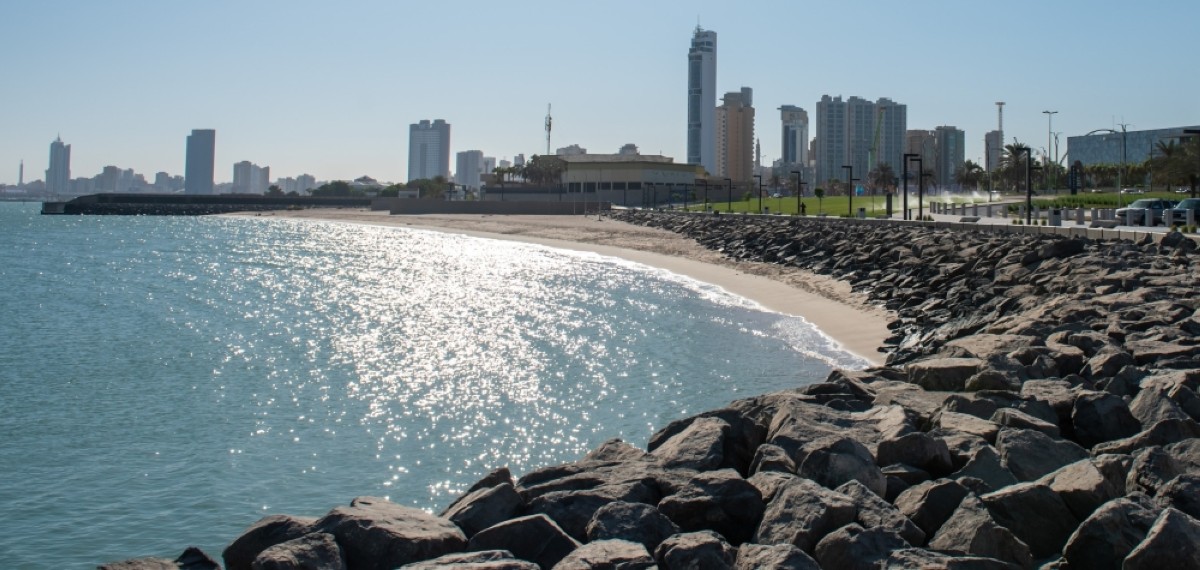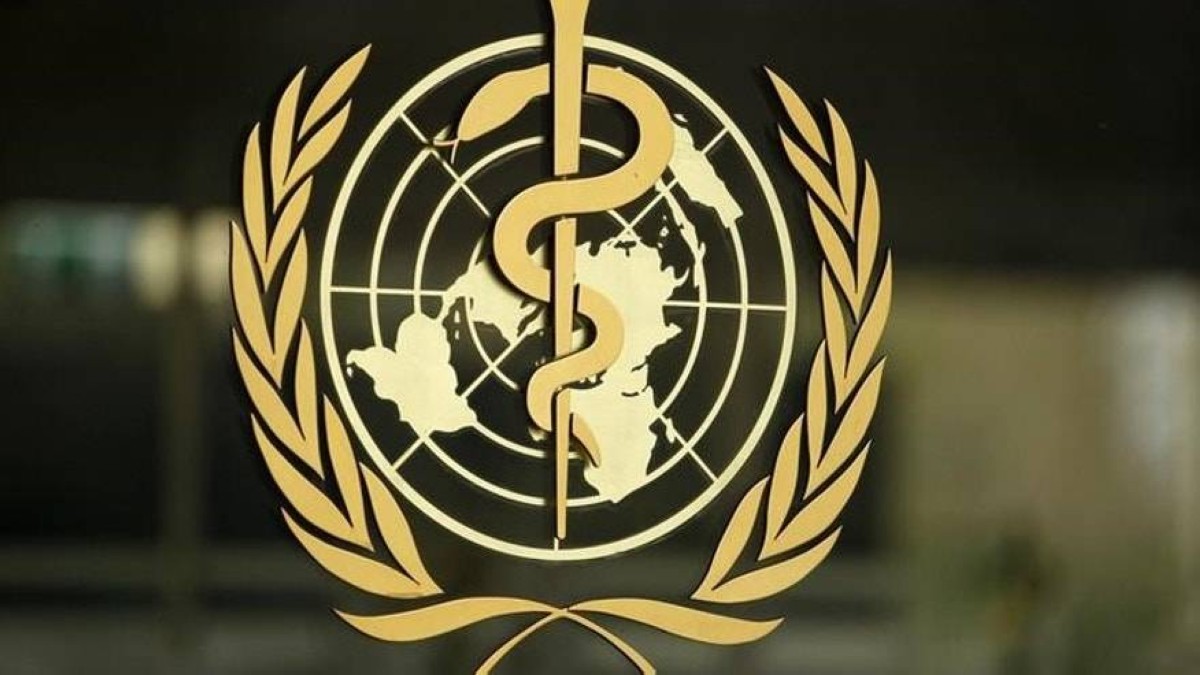BEIRUT: Zionist entity said it will strike anywhere in Lebanon it sees a threat, after rocket fire prompted it to bomb Beirut for the first time during the fragile four-month-old truce with Hezbollah. Lebanese Prime Minister Nawaf Salam described the strike on Beirut’s southern suburbs as “a dangerous escalation” and French President Emmanuel Macron called it an “unacceptable” truce violation. The health ministry reported no casualties from the Beirut attack but said Zionist airstrikes in the south killed five people.
It was the second time rockets had been launched at Zionist entity from Lebanon since the November ceasefire – the first was last Saturday – and the second time Hezbollah denied involvement. “The equation has changed,” Prime Minister Benjamin Netanyahu said in a statement. “We will continue to enforce the ceasefire with force, strike everywhere in Lebanon against any threat to the State of Zionist entity.” Zionists have continued to carry out often-deadly air raids in southern and eastern Lebanon since the ceasefire, striking what it says are Hezbollah military targets that violated the agreement.
But Friday’s was the first in the capital’s southern suburbs since the ceasefire. It came after the military warned residents to “immediately evacuate” the area. It said the attack targeted a “site used to store UAVs by Hezbollah’s Aerial Unit (127) in the area of Dahieh, a key Hezbollah terrorist stronghold”. Zionists heavily bombed the area during its war with the group last year.
At a joint press conference with Macron in Paris, Lebanese President Joseph Aoun said an investigation will have to be conducted but all indications are “Hezbollah is not responsible” for the latest rocket fire. An AFP photographer at the scene said the Zionist airstrike completely destroyed the targeted building. Black smoke rose into the sky and fire burned in the rubble. Lebanon’s state-run National News Agency said Zionists also bombarded around a dozen areas of the south, killing three people in Kfar Tebnit near Nabatieh and two in nearby Yohmor.
‘Very afraid’
Zionist warning sparked panic in the densely populated southern suburbs of Beirut, AFP correspondents reported. “We’re very afraid the war will return,” said Mohammed, 55, a taxi driver rushing to pick up his daughter from school and leave the area. The military said two “projectiles” were fired towards Zionist entity, with one intercepted and the other falling inside Lebanon.
Hezbollah said it “confirms the party’s respect for the ceasefire agreement and denies any involvement in the rockets launched today from the south of Lebanon”.
Under the terms of the ceasefire, Zionist entity was due to complete its troop withdrawal from Lebanon by February 18 after missing a January deadline, but it has kept soldiers in five places it deems “strategic”. The agreement also required Hezbollah to pull its forces north of the Litani River, about 30 kilometres (20 miles) from the border, and dismantle any remaining military infrastructure in the south. The Lebanese army deployed as the Zionist army pulled back.
Salam urged his army chief “to act quickly to… uncover those behind the irresponsible rocket fire that threatens Lebanon’s stability” and arrest them. His office said he had contacted foreign officials including the US deputy special envoy for the Middle East, Morgan Ortagus. The United States chairs a committee which also includes France and is tasked with overseeing the truce.
The Lebanese army said it identified the site of the rocket launch, just north of the Litani River.
UN fears
At the press conference in Paris, Macron said he would be discussing the Zionist attack with US President Donald Trump and then with Netanyahu. “There is no activity that justifies such strikes,” Macron said. But the Trump administration again defended Zionists, blaming the Lebanese government for not doing more to disarm Hezbollah. “As part of the cessation of hostilities agreement, the government of Lebanon is responsible for disarming Hezbollah, and we expect the Lebanese armed forces to disarm these terrorists to prevent further hostilities,” State Department spokeswoman Tammy Bruce said.
Iran described the “excuses” put forward to justify Zionist attack on Beirut as “completely unjustified and baseless”. Foreign ministry spokesman Esmaeil Baqaei called for “decisive measures” from the international community to address the “lawlessness” of Zionist continual use of military force from Gaza to Syria and Lebanon. UN special envoy for Lebanon Jeanine Hennis-Plasschaert called the cross-border exchange of fire “deeply concerning”. She urged restraint by all sides and said a return to wider conflict “must be avoided at all costs”.- AFP


 Politics22 hours ago
Politics22 hours ago
 Politics23 hours ago
Politics23 hours ago
 Politics10 hours ago
Politics10 hours ago
 Politics20 hours ago
Politics20 hours ago
 Politics24 hours ago
Politics24 hours ago
 Latest News8 hours ago
Latest News8 hours ago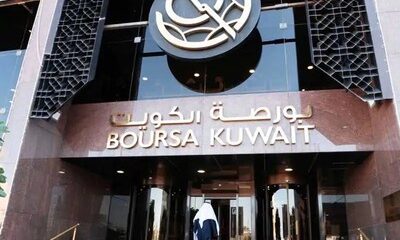
 Business8 hours ago
Business8 hours ago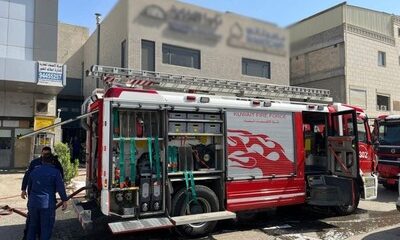
 Politics3 hours ago
Politics3 hours ago
